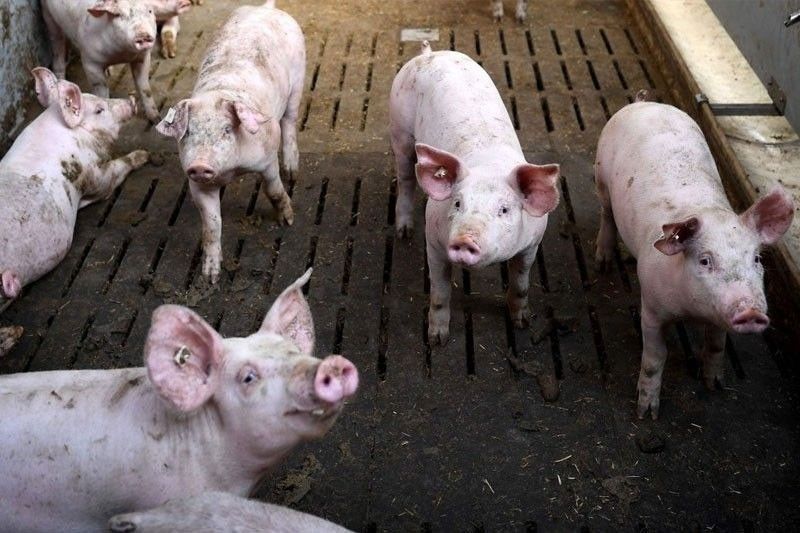DA to start mass trial of ASF vaccine

MANILA, Philippines — The Department of Agriculture will start the mass trial of the vaccine against African swine fever (ASF), as the DA expects the Food and Drug Administration (FDA) to approve its commercial distribution in the country this month.
“This (mass trial) is a big development in our campaign (against ASF)… We hope that within this year (the trials will be completed) so that we will no longer have problems with ASF,” DA Assistant Secretary and spokesman Arnel De Mesa said in a chance interview yesterday.
De Mesa said the DA will shoulder the expenses for the field trial of the ASF vaccine from Vietnam.
Agriculture Secretary Francisco Tiu Laurel Jr. said the FDA is set to approve within two weeks the country’s first vaccine against ASF for commercial distribution.
Although ASF is not harmful to humans, it has decimated over three million hogs since the country recorded its first confirmed outbreak in 2019.
Meanwhile, the United Nations Food and Agriculture Organization (FAO) stressed the need for the government to innovate its strategies in combating ASF.
In an opinion piece, FAO Representative in the Philippines Lionel Dabbadie and Agriculture Assistant Secretary Constante Palabrica highlighted the need for risk communication and community engagement or RCCE to curb and control the spread of ASF.??
Dabbadie and Palabrica said the RCCE deviates from the traditional technical strategies used by the government in addressing ASF as it integrates social and behavioral factors in disease management.
They noted that human activities such as farm visits, animal movements and trade significantly influence the transmission of ASF among domestic and wild pigs.??
“The emphasis on RCCE underscores how human behavior is key to controlling ASF spread. This highlights a critical gap in our current response strategies, which effective RCCE strategies can help bridge,” they said in the piece released to the media yesterday.??
“By providing them with the necessary resources, knowledge and support, we enable them to implement effective biosecurity measures that lead to sustainable control and prevention of ASF,” they added.??
The authors cited the efforts of the Philippine government in improving biosecurity in the communities through the involvement of farmers in co-developing biosecurity measures in their respective areas.??
“It highlighted how multilateral knowledge sharing and enhanced coordination among various stakeholders are key for developing comprehensive disease response frameworks that are both effective and adaptable to local contexts,” the authors said. – Jasper Emmanuel Arcalas
- Latest
- Trending






























